COVID-19 has been a game changer for the wedding industry. That’s hardly surprising, given that the wedding industry has grown up in times when there were no restrictions on how people behaved. Weddings have long been one of the key rites of passage in people’s lives. Marriage is one of the underpinning institutions of society.
In lots of countries, including Australia, there’s long been an expectation that you’d get married by the age of 30 or something was wrong. And, of course, that other old piece of pressure, the biological time clock, was always ticking away in the background. It was an assumption and an expectation that couples would begin to form their families before they were in their mid-30s. And most couples got married before they formed families.
As a celebratory milestone, weddings have contributed to lots of our widely accepted and enjoyed social behaviours. Who can imagine a wedding without hugs, kisses, the shaking of hands, the slapping of backs and dancing the night away with multiple dancing partners? And who could imagine a wedding venue not offering an ‘alternate drop’ menu (“chicken for you, sir, beef for you, ma’am”), at round tables of 8 or ten, with large floral or candle centerpieces, with guests sitting close to each other so they could readily converse and have a wonderful evening of fun and celebration?
But times have changed.
And weddings have changed.
Greatly.
Because of a virus.
Currently we live in a time when Chief Health Officer directions around Australia are changing regularly, sometimes daily. When numbers of COVID cases are increasing, people should refer to the state or territory government’s public health advice about what is and what is not allowed under the COVID restrictions in force. Those restrictions may include the need for social distancing; the requirement of wearing of masks; the numbers of people allowed at a wedding, whether indoors or outdoors, whether in metropolitan areas or regional parts of a state or territory; whether dance-floors are allowed or not; whether hugging and kissing and other overt forms of expression of emotion are allowed; the need for checking in using a QR code; and so on.
Couples who’d planned a large wedding with many guests have had to either re-think or reschedule their wedding, some more than once. Guests from interstate and overseas have had to delay or cancel their flight plans and their accommodation bookings – and there’s no indication yet as to when Australia’s international borders will reopen.
Just like many other businesses, traditional wedding venues have had to rethink how they operate as they work their way through the challenges of COVID-19. Sadly, some have not been sufficiently nimble to survive and so have closed their doors forever. Other wedding suppliers have been caught up in the rescheduling of multiple weddings, leaving many with cashflow problems they would never had imagined when COVID first arrived in Australia.
But it leaves couples with a conundrum. Do they get married and have a small, intimate wedding now, hoping for a better time later when they can have a large celebration with their friends and families? Or do they wait it out?
I believe it’s time to get creative – and remain flexible!
So, here are some imaginative options for getting married in COVID times.
1. Scale back.
Reduce the size of your wedding. Separate the legal marriage from the celebratory parts of a typical wedding. Why not get married now and have your wedding celebration at a later time when you can? If you wish, you can Zoom to as many of your loved ones as you wish anywhere in the world. Or you can keep it private.
Some couples have told me they’re relieved that COVID has helped them have a smaller ceremony – they’ve been able to use the COVID restrictions as an excuse to not invite large numbers of people. Some even love the fact that they can blame the government for that! You could combine your delayed wedding celebration with a renewal of your marriage vows, if you wanted to.
2. Elope!
The original meaning of the word is “to run away”. So run away! Get married precisely how you want – with no invited guests, no pressure from friends, parents or others – perhaps in a mid-week ceremony. I can arrange an all-included package that includes me as your authorised celebrant, and can also arrange for one of your two legal witnesses to be a wedding photographer and for the other witness to be a wedding videographer. How good’s that?
3. Delay.
Reschedule your wedding. It’s the day you’ve been dreaming about all your life. You know the bouquet you’ll carry, you know what your dress will look like, you know the people who’ll be in your wedding party, you know who you’ll invite, you know the style of wedding you want, you’ve dreamt about the reception you’ll have and the wedding cake you’ll cut, and you simply must take a year of dancing lessons to nail that important first dance in ways that no other couple has done. So, why hurry?
Just let your wedding suppliers know you’re going to reschedule to a date when you think we might be in a more forgiving COVID environment and go as you originally planned. That way, you’ll have even more time to plan the perfect wedding – and with less stress. Almost all wedding suppliers will be with you. And the vast majority won’t charge you for rescheduling. I certainly won’t.
So, if you’re one of the many couples whose wedding plans have been unhinged by the crisis that is COVID, don’t despair. There are alternatives.
Subscribe to newsletter
Be the first one to know about the latest blogs and updates.



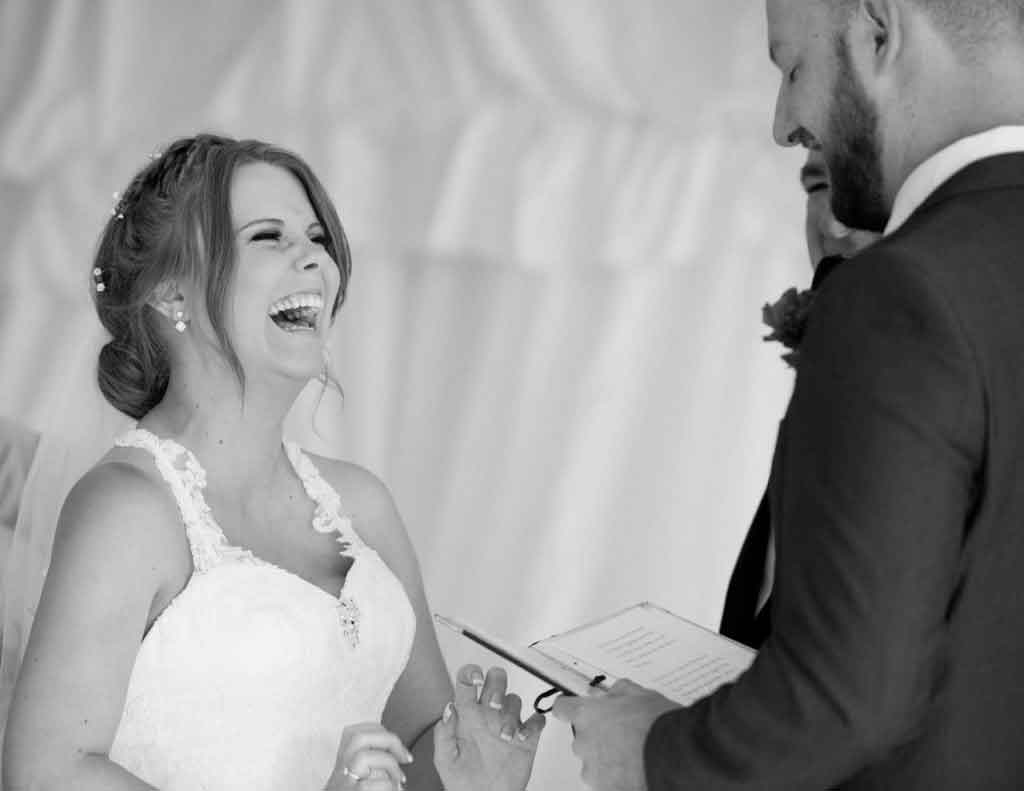
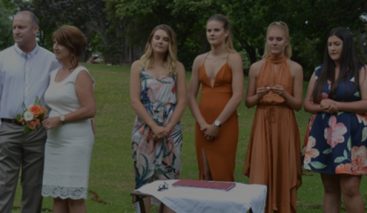
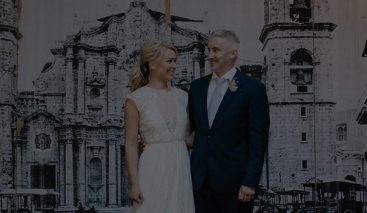
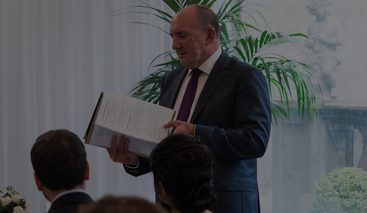
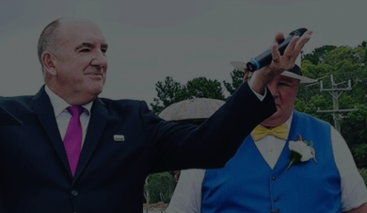
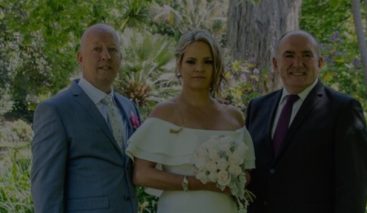
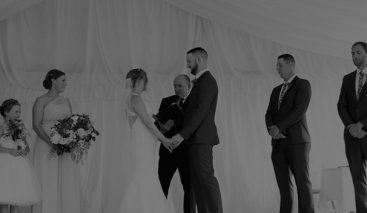


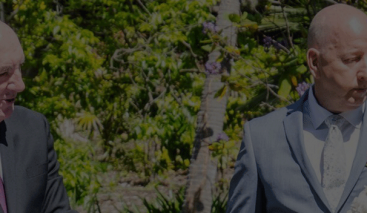



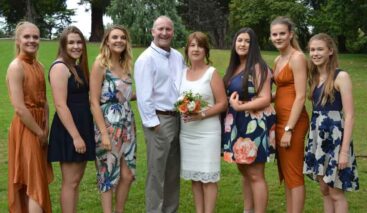
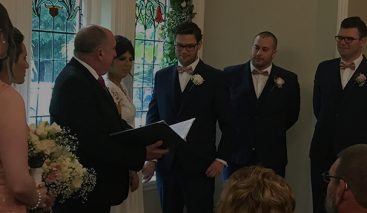
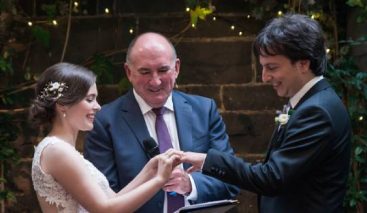
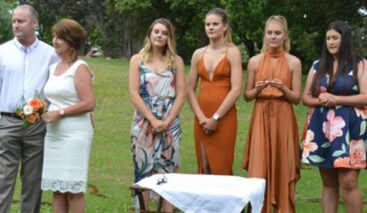
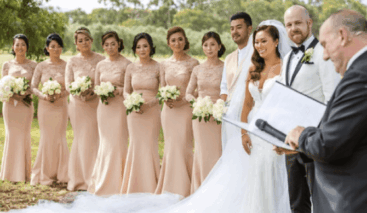


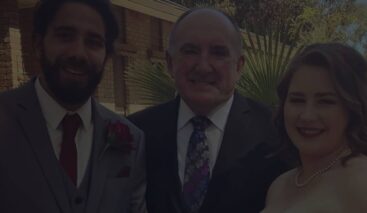



Sorry, the comment form is closed at this time.